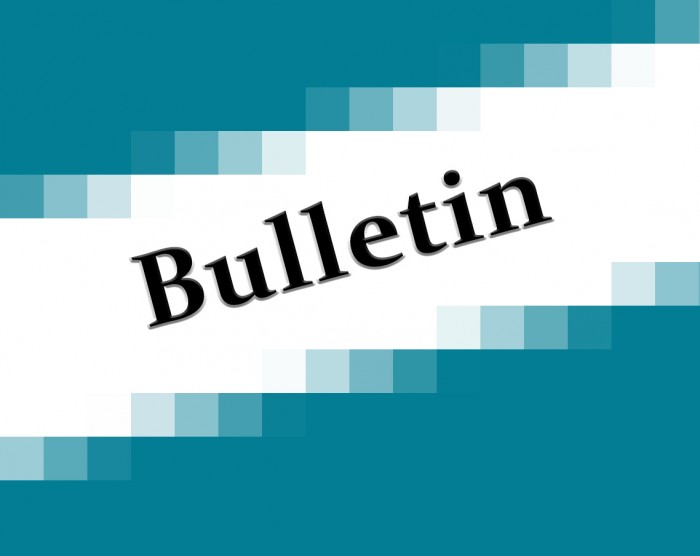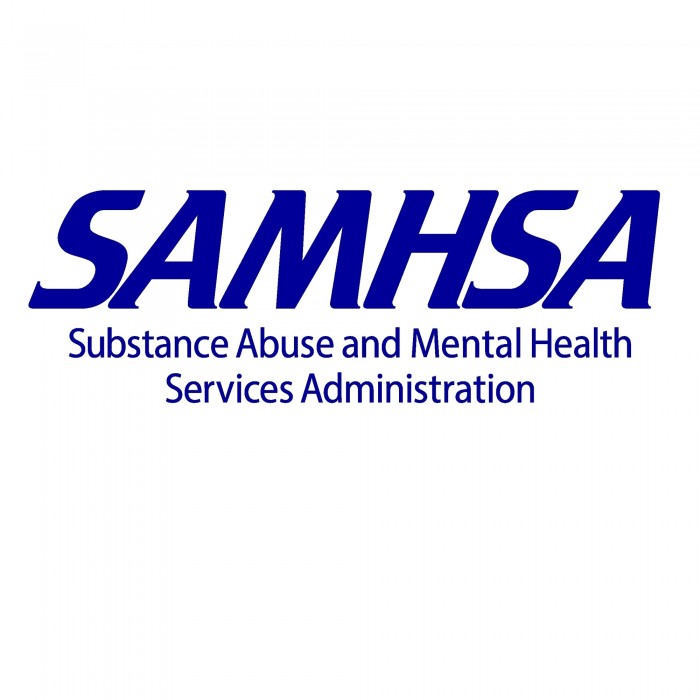On July 20, 2020, the Office for Civil Rights (OCR) at the United States (U.S) Department of Health and Human Services (HHS) issued a guidance bulletin, “Civil Rights Protections Prohibiting Race, Color, and National Origin Discrimination During COVID-19,” to ensure that recipients of federal financial assistance understand that they must comply with applicable federal civil rights laws and regulations that prohibit discrimination on the basis of race, color, and national origin in HHS-funded programs during COVID-19.
To help ensure Title VI compliance during the COVID-19 public health emergency, recipients of federal financial assistance, including state and local agencies, hospitals, and other health care providers, should:
- Adopt policies to prevent and address harassment or other unlawful discrimination on the basis of race, color, or national origin.
- Ensure – when site selection is determined by a recipient of federal financial assistance from HHS – that Community-Based Testing Sites and Alternate Care Sites are accessible to racial and ethnic minority populations.
- Confirm that existing policies and procedures with respect to COVID-19 related services (including testing) do not exclude or otherwise deny persons on the basis of race, color, or national origin.
- Ensure that individuals from racial and ethnic minority groups are not subjected to excessive wait times, rejected for hospital admissions, or denied access to intensive care units compared to similarly situated non-minority individuals.
- Provide, if part of the program or services offered by the recipient, ambulance service, non-emergency medical transportation, and home health services to all neighborhoods within the recipient’s service area, without regard to race, color, or national origin.
- Appoint or select individuals to participate as members of a planning or advisory body which is an integral part of the recipient’s program, without exclusions on the basis of race, color, or national origin.
- Assign staff, including physicians, nurses, and volunteer caregivers, without regard to race, color, or national origin. Recipients should not honor a patient’s request for a same-race physician, nurse, or volunteer caregiver.
- Assign beds and rooms, without regard to race, color, or national origin.
- Make available to patients, beneficiaries, and customers information on how the recipient does not discriminate on the basis of race, color, or national origin in accordance with applicable laws and regulations.














